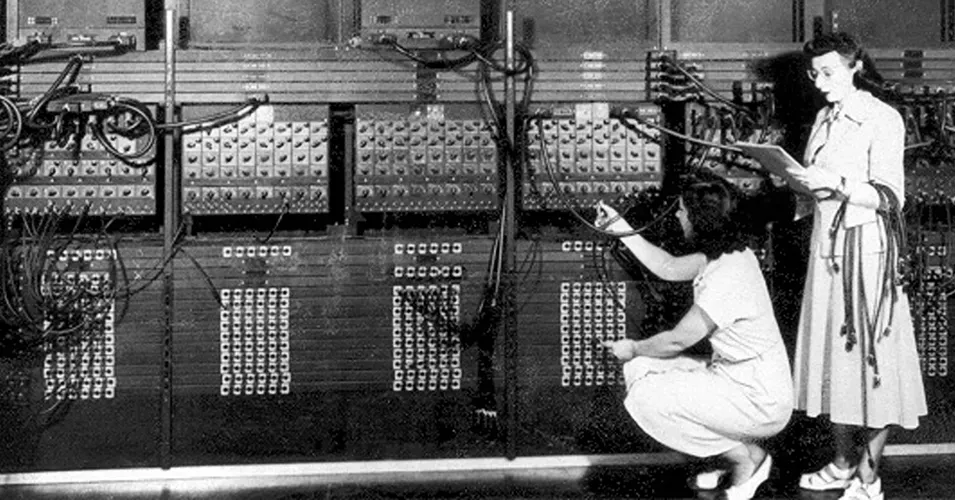Chip War – The Fight for the World’s Most Critical Technology

I have just finished reading “Chip War – The Fight for the World’s Most Critical Technology”.
This is named the “Best Business Book” by Financial Times in 2022. While this is written in a relatively easy and entertaining style, there is so much information in it that it is almost impossible to make a summary of.
Still, here are a things that struck me: -
Basics of Chips and How much Technology has improved in 40 years
A chip is a grid of millions or billions tiny electrical switches that flip on and off to process (1) and (0) , to remember them, and to convert real world sensations like images, sounds and radio waved into these two digits.
Fairchild, arguably the first chip company ever, put a first prototype of chip in 1960, it had a total of 4 transitors.
In 1965, a gentleman Moore wrote on a magazine that - every year for at least the next decade, the number of components that could fit on a silicon chip would double. That's famously known as the Moore's law.
In year 2023, TSM now has the ability to fit 300 million (300,000,000) transistors on 1 millimeter square in its 3nm chip. To be honest, the figure is so incredible that I can't even fathom what this figure means.
To illustrate the complexity (if that is even required), one of the machines required to create chips is lithography tool. It uses light to create precise patterns to "attach" transitors on its surface. The first lithography tool just used an inverted microscope from a school lab. Now, companies are (actually a company is - as explained below, after years of R&D wars, only one company is now capable of creating this very tool that is market viable) creating a very specific wavelength (EUV) for the above purpose.
This is beyond imagination for even the brightest scientists in just 30 years ago.
How important are Chips
Semiconductors are computing power.
Without it, any data, algorithms, or software would be useless.
Therefore, it is not an overstatement that semiconductors define the world that we are currently living in, the structure of the world economy and the balance of military power.
Semiconductors are used in iPhones, washing machines, cars, and virtually every aspect of modern life. Without semiconductors, many of the technological advances of the past several decades would not have been possible, and our world would look very different indeed.
For instance, a triad of data, algorithms, and computing power are needed to harness AI, the backbone of the current new waves of technologies, ChatGPT included.
How delicate is the World Politics
While globalization is true for the chip industry, the key components of manufacturing a high tech chip is incredibly concentrated in a few jurisdictions:
- Nearly every chip in the world uses software from at least one of three US-based companies, Cadence, Synopsys and Mentor.
- The most advanced logic chips are fabricated by just two companies, TSMC and Samsung.
- One of the most critical machines in producing chips, the EUV lithography machines is produced by just one company ASML in Netherlands.
The six companies named above literally control the production of semiconductor, and therefore computing power worldwide.
Rather worryingly, Taiwan produces 41% of all processor chips and 90 percent of the most advanced chips. In other words, if an earthquake or any force majure event (which may involve the you-know-who country) happens to the factory where TSMC is located, the entire world would stop producing 40% of computing power and 90% of the most advanced technology, immediately.
I don't really have a solution to that (Ha!), nor could I imagine what the world would look like if that happens.
Taking More Notes on Books
I have read quite a few good books over the years. Sadly, I did not have the habit of making my notes. Hope this could change in the future. In future blog posts, I will also try to do more reflections on books I read.
Hope you enjoy reading this rather dense article. What are your interests in technology? What is the most recent book that you read? Share with me in the comment section below.

Comments ()